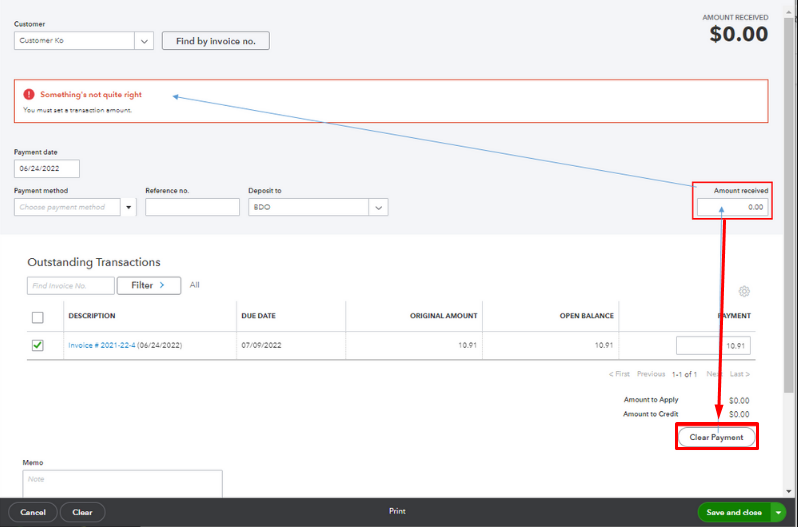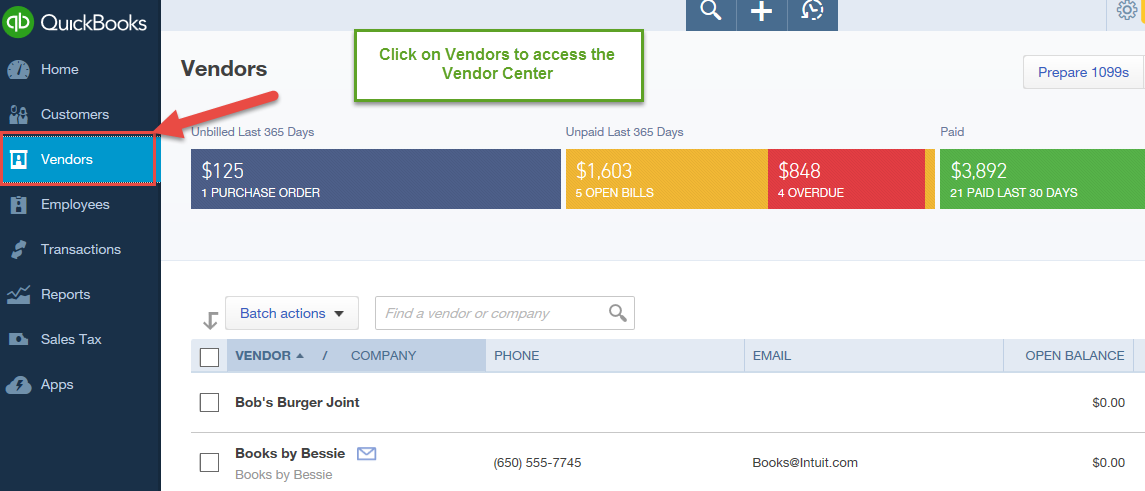Credit Card Application Denied? Understand What Might Have Happened

Anúncios
Applying for a credit card can be an important step in personal financial organization, providing a range of benefits such as convenience, ease of payment, and reward programs.
However, not all applications are approved. When a credit card application is denied, it is essential to reorganize and try to get the card approved.
Check out the reasons for a denied credit card application and what to do in this situation below.
Reasons for a Denied Credit Card Application
There are several reasons that can lead to the refusal of a credit card application. It is crucial to understand each of them to identify the problem before making a new request.
Here are the main reasons for a denied credit card application:
Anúncios
Low Credit Score
One of the main reasons for a denied credit card application is a low credit score.
A credit score is a number that reflects your financial credibility based on your credit history. Financial institutions use this score to assess the risk of granting credit to an applicant.
A low score can result from various situations, such as late payments, excessive use of the credit card limit, or records of default.
If your score is below what the financial institution considers acceptable, your credit card application is likely to be denied.
To improve this situation, it is important to pay your bills on time, reduce the utilization of available credit, and, if possible, renegotiate outstanding debts.
Limited Credit History
A common reason for a denied credit card application is a limited or non-existent credit history.
Credit history is a record of your financial activities, including loan payments, credit card usage, and other forms of credit. This history helps financial institutions understand your behavior as a credit consumer.
Anúncios
If you have never had a credit card or any other type of credit in your name, banks and financial institutions may find it challenging to assess your ability to manage credit responsibly.
Without a history of payments and credit usage, institutions have little or no basis to determine if you are a good credit risk.
To build a credit history, a good strategy is to start with more accessible forms of credit, such as store credit cards or prepaid cards that report your activities to credit bureaus.
Additionally, it may be helpful to apply for a credit card with lower limits or secured credit options, which have fewer approval requirements.
Understanding these reasons is essential for anyone whose credit card application has been denied.
Knowing the factors that influence financial institutions’ decisions can help you take steps to improve your situation and increase your chances of approval in future applications.
Insufficient Income
Insufficient income is a common reason for the refusal of a credit card application.
Financial institutions use the applicant’s income as one of the main criteria to determine payment capacity and the risk associated with granting credit.
If your income is not considered sufficient to cover credit card payments, your application may be denied.
When you apply for a credit card, the bank or financial institution analyzes your monthly income in relation to your expenses and other existing debts. This analysis ensures that you have the financial capacity to take on new credit without compromising your financial stability.
So if your income does not meet the institution’s criteria, it is likely that your application will be rejected.
High Debts
A high level of debt can be a determining factor in the refusal of a credit card application.
Financial institutions assess your current debt level to determine if you have the financial capacity to take on more credit.
If you already have a high volume of debt relative to your income, banks may consider you a higher risk of default. To improve your chances of approval, it is essential to try to reduce your current debts.
This can be done through regular and significant payments, renegotiation of terms or conditions of existing loans, or even debt consolidation to make payments more manageable.
Demonstrating a consistent effort to reduce your indebtedness can improve financial institutions’ perception of your ability to manage additional credit.
History of Late Payments
A history of late payments is another crucial factor that can lead to a denied credit card application.
When you delay payments for bills, loans, or existing credit cards, this is recorded on your credit history and negatively affects your score.
Financial institutions see late payments as a sign that you may not manage your financial obligations well, increasing the risk of default.
To improve your situation, it is important to adopt financial habits that ensure all your bills are paid on time. Setting up automatic debits or payment reminders can help avoid future delays.
Additionally, if you already have recorded late payments, it may be useful to contact your creditors to negotiate a payment plan that allows you to regularize your situation.
Insufficient Age
The applicant’s age can also influence the decision to grant a credit card.
Very young applicants, usually under 18 years old or just reaching adulthood, may face difficulties obtaining a credit card.
This is because, in addition to likely not having an established credit history, young people often do not have a stable or sufficient income to support additional credit.
For young people who want to start building a credit history, an effective approach can be becoming an authorized user on a family member’s credit card or seeking student credit cards, which are designed specifically for those starting their financial lives. These options can provide a foundation for developing a solid credit history, facilitating obtaining credit cards in the future.
Too Many Recent Inquiries
Making too many credit applications in a short period can be a red flag for financial institutions.
Each time you apply for a credit card, an inquiry is made into your credit history, and many inquiries in a short time can indicate that you are desperate for credit or facing financial difficulties.
This can lead banks to consider you a higher risk and, consequently, deny your application.
To avoid this situation, be selective when applying for credit and space out your applications. If possible, try to resolve any underlying financial problems before making new credit applications.
Focus on improving your credit score and financial profile so that when you make a new application, your chances of approval are higher.
Now that you know the reasons for a denied credit card application, you can organize yourself and get your own card.
Did you like the tips? Check out related content on the website.





